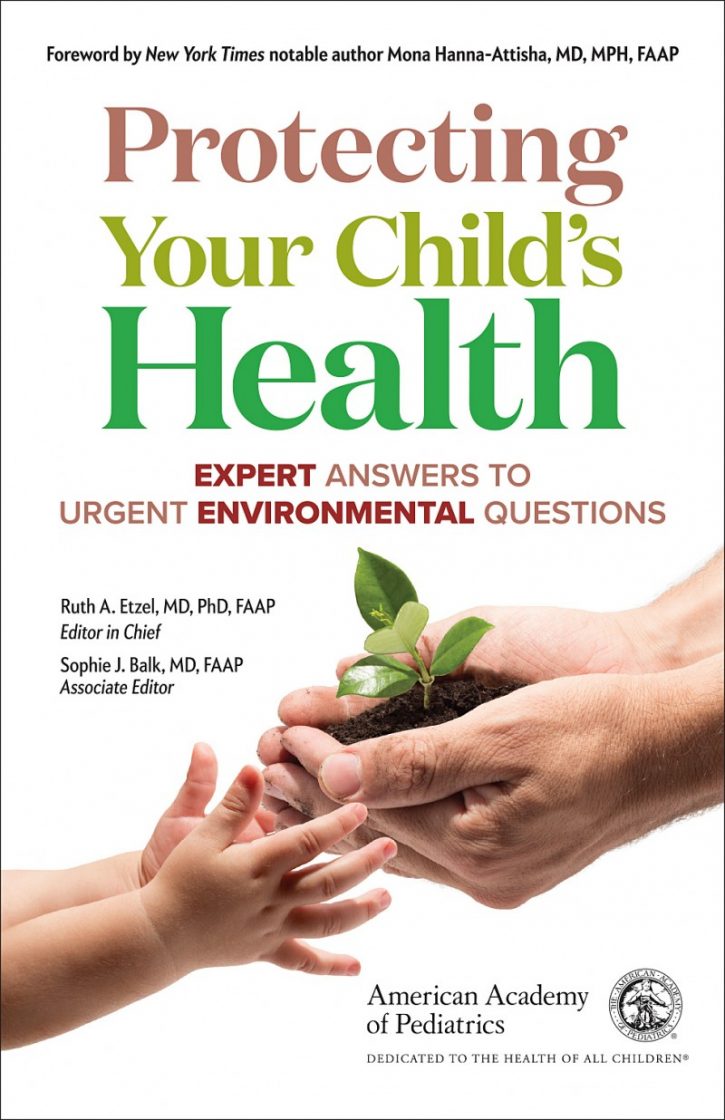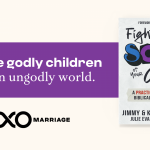
I was sent a copy of Protecting Your Child’s Health. This is a sponsored post. There is an affiliate link in this article. All opinions are my own.
While I’m sure parenting has never been a walk in the park, it seems that modern parents have SO many aspects to consider when deciding how to parent their children. While we live in an information age and most of us walk around with access to almost limitless information in our pocket thanks to our internet-accessible phones…it can still be hard to know what the ‘right’ thing to do is. So many topics become politically charged or otherwise controversial, including many aspects of parenting.
Sometimes it can be challenging to separate official facts from rumors, or even to separate facts from opinions. Sometimes what appears to be common sense, just isn’t. When unsure, I like to turn to information from the experts. Protecting Your Child’s Health is a book from the American Academy of Pediatrics, so I knew it would be reliable. Still, I was impressed with the whole tone of this book.
The foreword in Protecting Your Child’s Health shares an anecdote from Dr Hanna-Attisha, who was a pediatrician in Flint, Michigan in the summer of 2015. She shares how a mother asked her if it was safe to use tap water to mix formula for her baby’s bottles. She said yes. As we all now know, the tap water was not actually safe in Flint, Michigan at that time. I love that this book starts out by admitting that even doctors get it wrong sometimes, and also emphasizing how it’s important to check what we think we know, with facts and science.

Protecting Your Child’s Health focuses on environmental questions that parents may have. It covers questions related to food and water safety,sun protection, air pollution, radiation, lead, and pesticides and more. It shares the facts about what science knows about all of these environmental issues and how they may impact children. It admits where knowledge is lacking, too. For example, when covering the question “is BPA in baby bottles harmful to my formula-fed baby? It explains that experimental studies on animals of shown harmful effects of BPA on reproduction and development on relatively low-level exposures, and those may be experienced by infants. Yet it also admits that while studies suggest BPA exposure can negatively affect brain development and increase the risk for the development of obesity later in life, more research is needed.
I think it’s often human nature to want black and white answers. We want something to either be 100% safe, or 100% dangerous. The reality is, many areas are not so black and white in how safe vs dangerous they are. Or in other cases, we just don’t really know how dangerous something may be, yet. Personally, I really appreciate knowing the facts, but also knowing where information may be lacking. I love that this book is extremely open about what is known and what isn’t. This way, readers will know exactly where science stands and they can decide how to use that information in their parenting.
I think this would make a great book for any parent. This book will officially be out tomorrow, October 22nd 2020. It is available on Amazon.
Win it: One of our readers will win a physical copy of Protecting Your Child’s Health. To enter for a chance to win, fill out the GT form below. Giveaway is open to the US and will end 11/4/2020.


Hi there! I am Emily Evert, the owner of Emily Reviews. I am 28 and live in a small town in Michigan with my boyfriend Ryan and our two pugs. I have a large family and I adore my nieces and nephews. I love reading memoirs, and learning about child development and psychology. I love watching The Game of Thrones, Teen Mom, Sister Wives and Veep. I like listening to Jason Isbell, John Prine, and other alt-country or Americana music. I created Emily Reviews as a creative outlet to share my life and the products that I love with others.
This post currently has 2 responses.
-
This sounds like a book full of good advice. I would like to give it to a friend of mine.

![PNY DUO LINK™ V3 USB 3.2 Gen 2 Type-C® OTG Flash Drive Review [ALL the storage in a tiny package] PNY DUO LINK™ V3 USB 3.2 Gen 2 Type-C® OTG Flash Drive review](https://www.emilyreviews.com/wp-content/uploads/2025/10/LGvLeK2ATTCFzpc9PZv3IQ.jpg)













Looks like an excellent book for parents. Nothing like this 20 years ago.